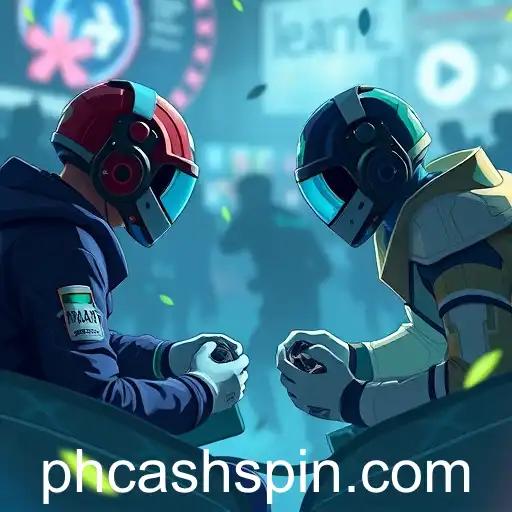
Explore the surge of Phcash as a pivotal currency in the digital gaming sphere, its implications for online economies, and how players are adapting to this new trend.
The gaming world is no stranger to evolution, and in recent times, a new term has been making waves among enthusiasts and developers alike: Phcash. As a virtual currency, Phcash has captivated audiences with its potential to revolutionize the way transactions occur within online games.
Originally designed as a niche currency for a select few gaming platforms, Phcash has expanded its reach, becoming a staple in the virtual economies of numerous games. The impact of Phcash is multifaceted, influencing not just the economic dynamics of games but also the experiences of players who engage with them.
In the current landscape of 2025, digital currencies are prevalent in almost every facet of the tech industry, and gaming is no different. With the rise of decentralized economies within games, platforms that incorporate Phcash offer players a unique way to personalize their experiences. This trend is reshaping the traditional in-game economies that were initially dominated by standard credit systems.
Phcash's introduction has also led to vigorous discussions about the potential for real-world applications. Players and critics alike are assessing the risk and reward balance of investing time and money into game currencies that might have broader implications outside their virtual realms. While some argue that Phcash could eventually bridge the gap between gaming and real-world financial systems, others point to the volatility and unpredictability of such innovations.
One of the standout features of Phcash is its capability to enhance player agency. Gamers are not only able to purchase outfits, weapons, and upgrades with Phcash, but they can also trade, invest, and even stake their virtual earnings for potential yields. This layer of complexity adds depth to gaming strategies, as players can tailor their economic paths according to personal goals.
The adoption of Phcash has prompted game developers to innovate, creating intricate algorithms to manage inflation and scarcity within their virtual economies. This ensures a balanced gameplay experience while preventing hyperinflation, a common pitfall in unregulated market systems.
Looking ahead, the incorporation of Phcash could serve as a blueprint for future gaming platforms seeking to modernize their economic models. As more industries recognize the value of integrating virtual currencies, the lessons learned from Phcash's implementation could prove invaluable.
In conclusion, Phcash's rise in the gaming world is more than just a fleeting trend—it encapsulates the shifting dynamics of how virtual and real-world economies interact. As it continues to grow, gamers and developers will need to navigate this new frontier with both caution and optimism, as the boundaries between games and reality blur ever further.




